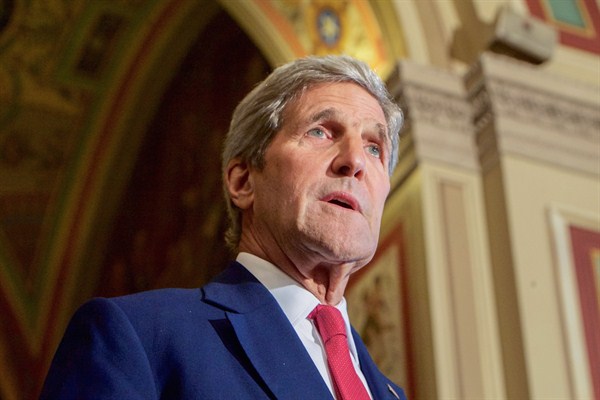The lingering misgivings among some in the U.S. Congress about the nuclear agreement with Iran have already generated calls for new sanctions against Iran, just as Tehran and many of its trading partners are gearing up for a post-sanctions environment, with corporate leaders booking flights to scope out prospects for trade and investment. Meanwhile sanctions against Russia for its seizure of Crimea continue to disrupt economic relations between Russia and major European countries, costing the latter tens of billions of euros in lost trade.
The widespread use of sanctions speaks to the more prominent role of economics in foreign policymaking, raising a broader question: Who wins and who loses when economics is used to achieve political ends?
Sanctions are only one form of economics as an instrument of international relations; initially they were used to freeze the assets of conquered nations, to ensure their safe return once sovereignty had been restored. But increasingly sanctions are a vital tool in the toolbox of statecraft, used more to punish than protect.

